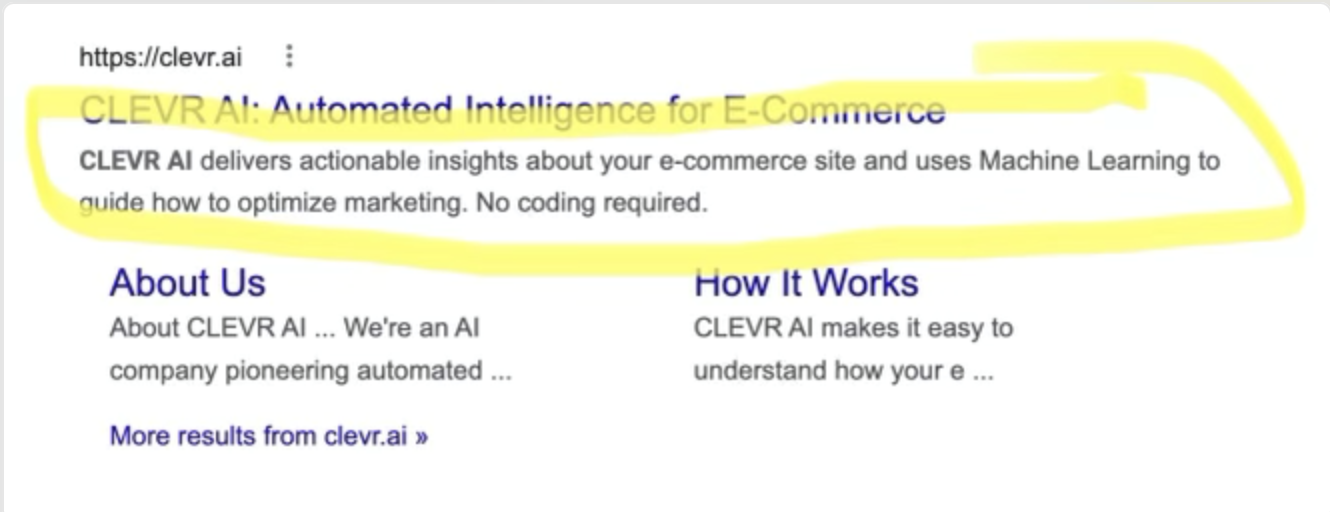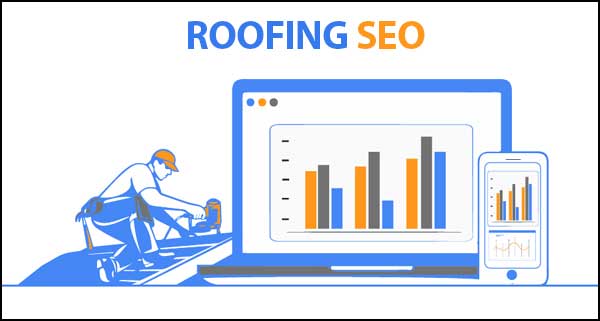If you have been blogging for a while now, you may have realized that simply writing great content is not enough to attract a large audience. In today’s digital age, search engine optimization (SEO) is crucial in increasing your blog’s visibility and driving organic traffic. If you’re ready to take your blog to the next level and reach a wider audience, this comprehensive SEO guide is for you. We’ll cover all the essential techniques and strategies to help elevate your blog game and make it stand out in the crowded online space. So, let’s dive in and learn how to optimize your blog for maximum success!
Content
Understanding SEO and its impact on your blog
Search Engine Optimization is the process of improving the visibility and ranking of your blog in search engine results pages (SERPs). By optimizing your blog for SEO, you boost the traffic of your content by being found by your target audience. This is achieved through the strategic use of keywords, high-quality content, and various other techniques that signal to search engines that your content is a valuable resource. Understanding and implementing SEO can significantly impact your blog by driving more organic traffic, enhancing user engagement, and, ultimately, helping you achieve your blogging goals.
Keyword research: Finding your blog’s best friends
Keyword research is the basics of successful SEO. It requires you to identify the terms that your target audience uses when searching for something related to your blog. Tools such as Google Keyword Planner, Ahrefs, or SEMrush can help you find these keywords. Look for keywords with high search volume but moderate to low competition, which will be easier to rank for. Incorporating these keywords naturally into your blog posts, titles, and meta descriptions can greatly improve your blog’s search engine rankings and visibility. Remember, the goal is to think like your audience and use their words, making your content easily discoverable.
Crafting high-quality, SEO-friendly content
Crafting SEO-friendly content goes beyond just sprinkling keywords throughout your posts. It involves creating valuable, informative, engaging content that meets your audience’s needs and interests. To achieve this:
- Focus on originality, thorough research, and clarity in your writing.
- Utilize headers to structure your content, making it simple for readers and search engines to understand your main points.
- Ensure your content is readable, using short paragraphs, bullet points, and images to break up text.
Incorporating internal links to other relevant posts on your blog can further enhance SEO by keeping readers engaged and encouraging them to explore more of your site.
Optimizing your blog’s structure for search engines
Organize your site with a clear hierarchy and simple navigation to optimize your blog’s structure for search engines. This makes it easier for search engines to crawl your site and for users to find the content they want. Use SEO-friendly URLs that include keywords and accurately describe the page content. Ensure that your website is mobile-friendly, as Google prioritizes mobile-first indexing. Additionally, speed up your site’s loading time by optimizing images and leveraging browser caching. This helps with SEO and improves the overall user experience, which is vital for retaining visitors.
Building quality backlinks to boost your blog’s authority
Building quality backlinks is essential for enhancing your blog’s authority and SEO. Backlinks signal to search engines that help other reputable websites find your content valuable. Start by creating compelling, shareable content that naturally attracts links. Engage with your niche community by guest blogging, participating in forums, and collaborating with influencers. Use tools like Moz’s Link Explorer to analyze your backlink profile and target websites with high domain authority for potential link-building opportunities. Remember, the focus should be on the quality of links rather than the quantity to bolster your blog’s SEO profile.
Analyzing your SEO performance and making adjustments
Google Analytics and Search Console can really help you analyze your SEO performance effectively. These platforms offer insights into your blog’s traffic, keyword rankings, and user behavior. Regularly monitor these metrics to understand what’s working and what isn’t. If specific keywords or content types drive more traffic, consider doubling down on these areas. Conversely, identify underperforming elements and experiment with different SEO strategies to improve them. Changing your approach based on data-driven insights is key to continually refining your SEO efforts and boosting your blog’s visibility.
Bringing in the experts
To elevate your SEO knowledge further, consider bringing in the experts by tuning into an advanced SEO podcast. These podcasts feature seasoned professionals sharing cutting-edge strategies, insights, and real-world case studies. These discussions can expose you to new ideas and techniques that must be more widely covered in online articles or guides. Whether commuting, exercising, or just taking a break, an advanced SEO podcast can be a valuable resource for staying in the know and applying expert-level tactics to your blog’s optimization strategy.
Taking your blog to the next level with SEO is a continuous journey that demands patience, experimentation, and a willingness to learn. By focusing on thorough keyword research, creating high-quality content, optimizing your blog’s structure, building quality backlinks, and analyzing your performance, you’re setting a solid foundation for success. Remember, the landscape of SEO is constantly evolving, so staying informed and adaptable is key. Here’s to your blogging success!

Ryan Myers is a business blog author and writer. He graduated from the University of California, Berkeley in 2009 with a degree in Political Science. His favorite topics to write about are blogging for small businesses and becoming an entrepreneur.














